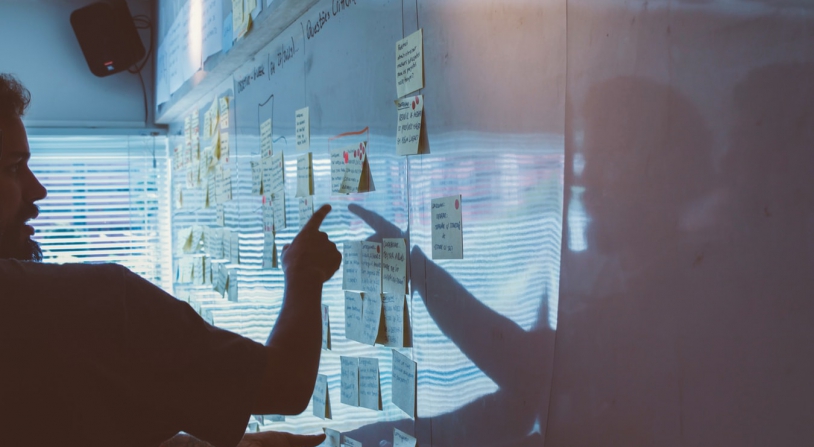There’s an old adage that you only get one shot to make a first impression. That was true the first time it was said, and it’s exponentially truer in the days of digital marketing and online media, when a single interview – good or bad – can be played, indefinitely, on an endless loop, meaning people are “introduced” to new audiences all the time… a dynamic that is often out of their control.
The rules for a successful TV or online video interview go all the way back to the first televised U.S. Presidential debate, when candidates Kennedy and Nixon squared on in prime time. Kennedy looked cool and poised, while Nixon appeared sweaty and nervous. The impressions of those watching at home were solidified, and Kennedy beat Nixon handily.
Fast forward through the generations and video interviews are almost a given for anyone with anything to promote. From appearances on video podcasts, to TV spots, to vlogs, or even impromptu “on-the-street” interviews, cameras share a lot more than the text of the message. Here are a few tips to get – and stay – prepared to take part in a successful video interview, anytime and anywhere.
Be careful with the gaze. Whenever possible, do not look directly into the camera. It’s almost impossible to avoid a “deer in the headlights” appearance, which is distracting for the audience. If there’s an interviewer also on camera, look at them, take part in a conversation the audience is invited to observe. And, if there’s not an interviewer, look past the camera lens, so the focus and expression are more natural, even for a direct gaze.
Practice facial expressions. Many people are not aware enough of the story their face is telling. Practice easy smiles and concerned frowns, practice resting facial expressions, interested expressions and other positive, connective emotions. Fake or plastic smiles are not only off-putting but sometimes scary, and incidental frowns communicate frustration or disinterest when that may not be the intent.
Speak in intelligible, simple sentences. Don’t drone on. Give the audience keywords and phrases that are easy to remember and – this is important – repeat with reasonable accuracy. Don’t waste an opportunity by confusing the audience or giving them a message they will mess up when sharing it with someone else. That’s not to say messages should be curt and monosyllabic. It’s fine to sound educated and to communicate a real understanding of the subject, just don’t be condescending or confusing.
Listen and respond to what is being asked, so that the conversation tracks. Interview subjects all have something they want to say, a message they want to convey, but if they don’t interact with the interviewer at all, there’s no conversation, which is frustrating for the audience, because it’s difficult to follow and can be seen as disingenuous. Even if the interviewer is obviously trying to trap the subject, interacting with the question before pivoting honors the audience while highlighting the interviewer’s aggressive technique.
Try not to interrupt. Answer quickly and thoroughly with good energy. Politeness reads as poise, which reads as confidence. Be sure to have an answer for everything. “No comment” reads badly, as if the subject has something to hide.
And, finally, relax. Remember Nixon. Manners and appearance convey a great deal more than the words being said. Communicate calm assurance and enthusiastic appreciation for the opportunity to connect with the audience.
Cyber Incident Planning And Response – A Business Imperative In 2025
Creating an effective cybersecurity incident response plan stands as a critical priority for...
The Role of Transparency in Crisis PR
Organizations face crises that test their resilience, reputation, and relationships with...
Protecting Customer Data: A Cybersecurity Guide for Fitness Centers
Data breaches at fitness centers can devastate both businesses and members, with the average cost...




